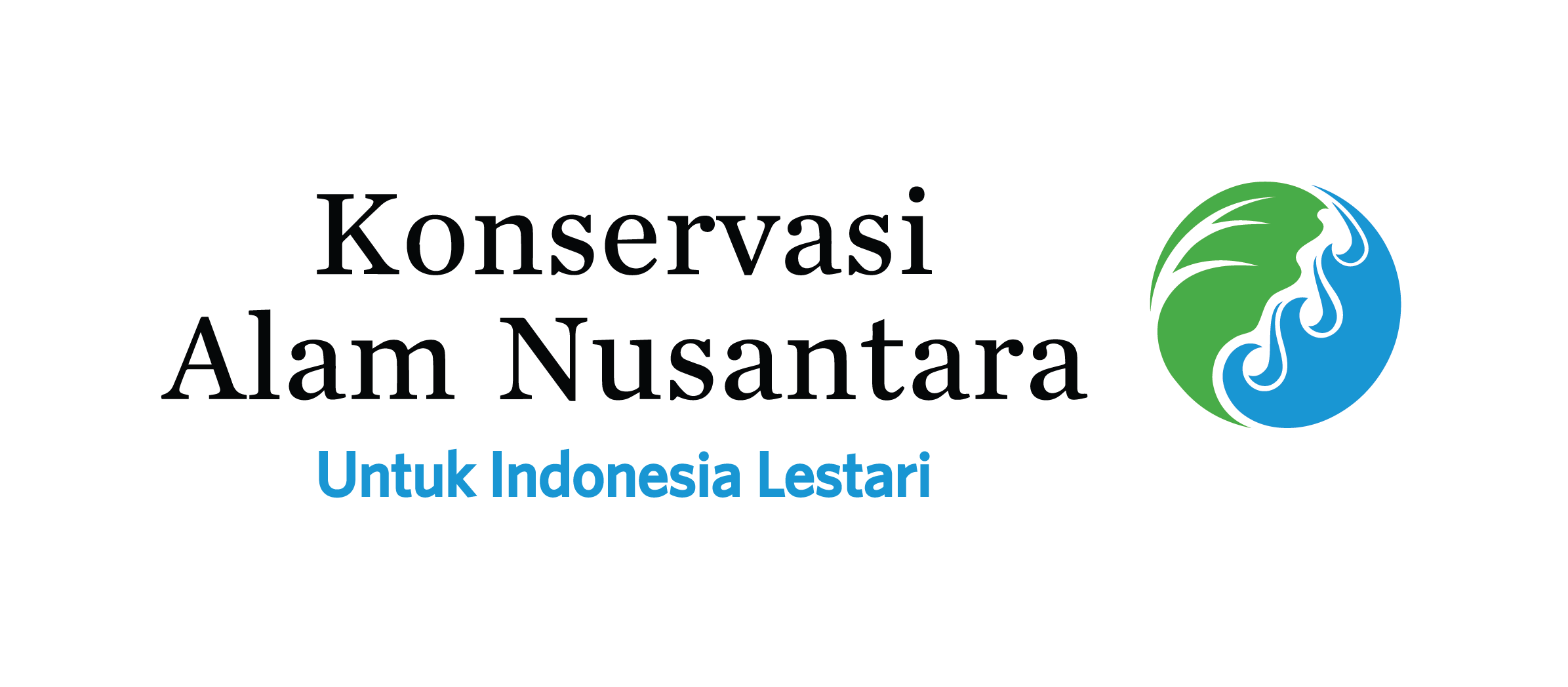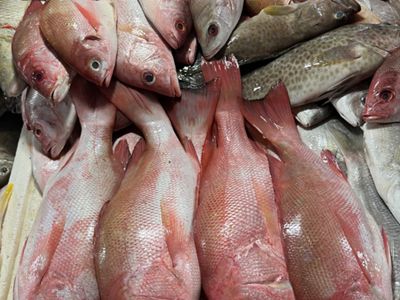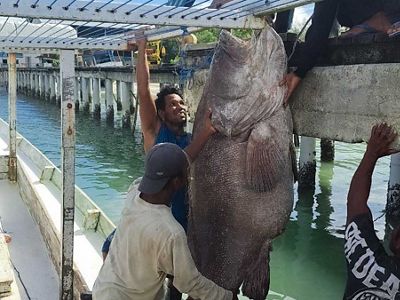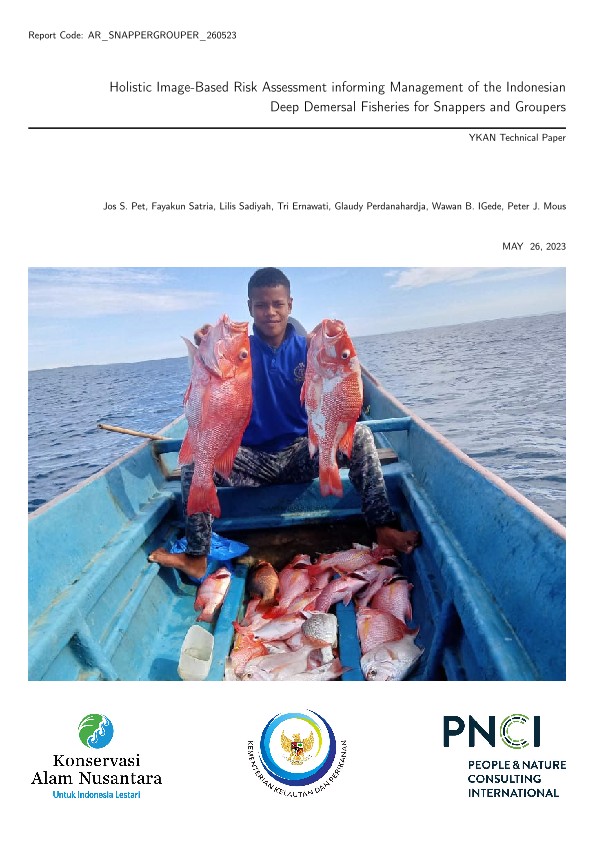Snapper & Grouper Harvest Strategy
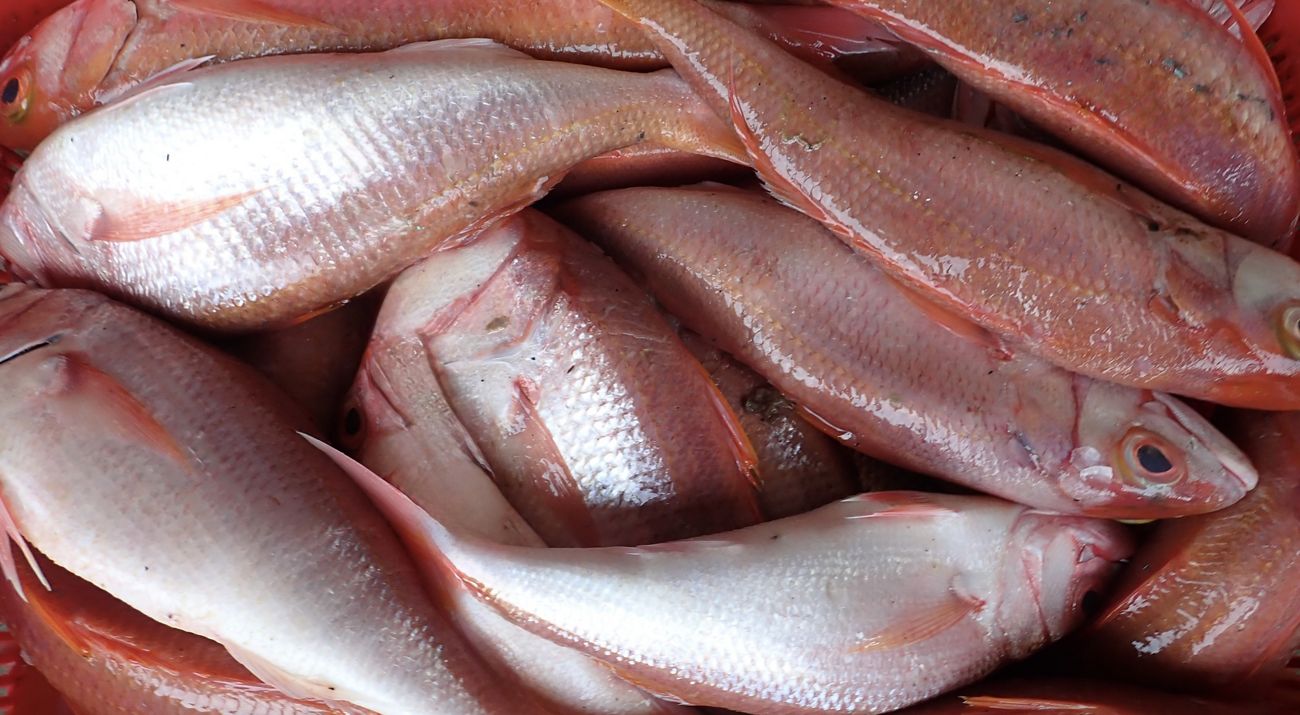
Indonesia produces 45% of the world's grouper, but is vulnerable to overfishing
Yayasan Konservasi Alam Nusantara (YKAN), through the Crew-Operated Data Recording System (CODRS), supports the Ministry of Maritime Affairs and Fisheries (KKP) in developing data-driven strategies across five fisheries management areas to promote sustainable fisheries.
Indonesia’s fisheries targeting bottom-dwelling snapper (Lutjanidae) and grouper (Epinephelidae) produced nearly 119,000 metric tonnes in 2020, harvested from 100 species by more than 11,500 fishing vessels. Indonesia is the world’s largest producer of snapper, contributing 45% of the global snapper trade. In 2022, snapper exports reached 1.4 million tonnes, valued at approximately 251 billion rupiah (around US$16.9 million at 2022 exchange rates).
The export value in 2023 rose by 63% compared to 2020 (154 billion rupiah, or around US$10.1 million at 2023 exchange rates). Snapper and grouper families accounted for 81% of the total catch. Steady demand, both domestically and internationally, has made these two species the main targets of fisheries in Indonesia.
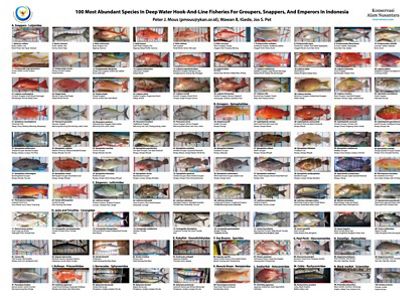
However, pressure on snapper and grouper populations continues to mount, driven largely by uncontrolled fishing practices. This underscores the need for fishing strategies that are not only economically efficient but also ecologically sustainable.
Snapper and grouper inhabit coral reefs, rocky seabeds, and coastal waters with complex structures. As demersal species — living on or near the seafloor — they tend to grow slowly and have limited reproductive capacity. These traits make them particularly vulnerable to overfishing, especially in the absence of effective management.
To ensure the sustainability of snapper and grouper fisheries, harvest strategy should follow key principles. These include input management, which involves regulating fishing effort through measures such as Total Allowable Effort (TAE), selective fishing gear, seasonal restrictions, legal size limits, and designated no-take zones. They also include output management, such as establishing a Total Allowable Catch (TAC) or production limits, maintaining no-take zones, and engaging communities and fishers in planning and monitoring fisheries management.

YKAN is one of the first NGOs officially recognized by the National Commission for Fish Stock Assessment (Komnas Kajiskan) and the Ministry of Marine Affairs and Fisheries (KKP), by official decree as a qualified scientific service provider for fish stock assessments in Indonesia. Its Crew-Operated Data Recording System (CODRS), which engages fishers directly in collecting reliable fisheries data, has informed KKP’s national strategies for managing snapper and grouper fisheries.
YKAN is working closely with the Ministry of Marine Affairs and Fisheries to develop snapper and grouper fishing strategies in several key Fisheries Management Areas across Indonesia, including the Indian Ocean south of Java and Nusa Tenggara, the South China Sea and Natuna waters, the Makassar Strait and Flores Sea, the Maluku and Halmahera seas, and the Pacific Ocean near Papua. The sustainability of these fisheries depends on our ability to balance economic needs with the long-term health of fish stocks. By adopting data-driven, community-based strategies, we can help ensure that future generations continue to benefit from the same marine resources we rely on today.
Download
YKAN's CODRS collects species-specific data, enabling stock assessments for the top 16 snapper and grouper species.
Download